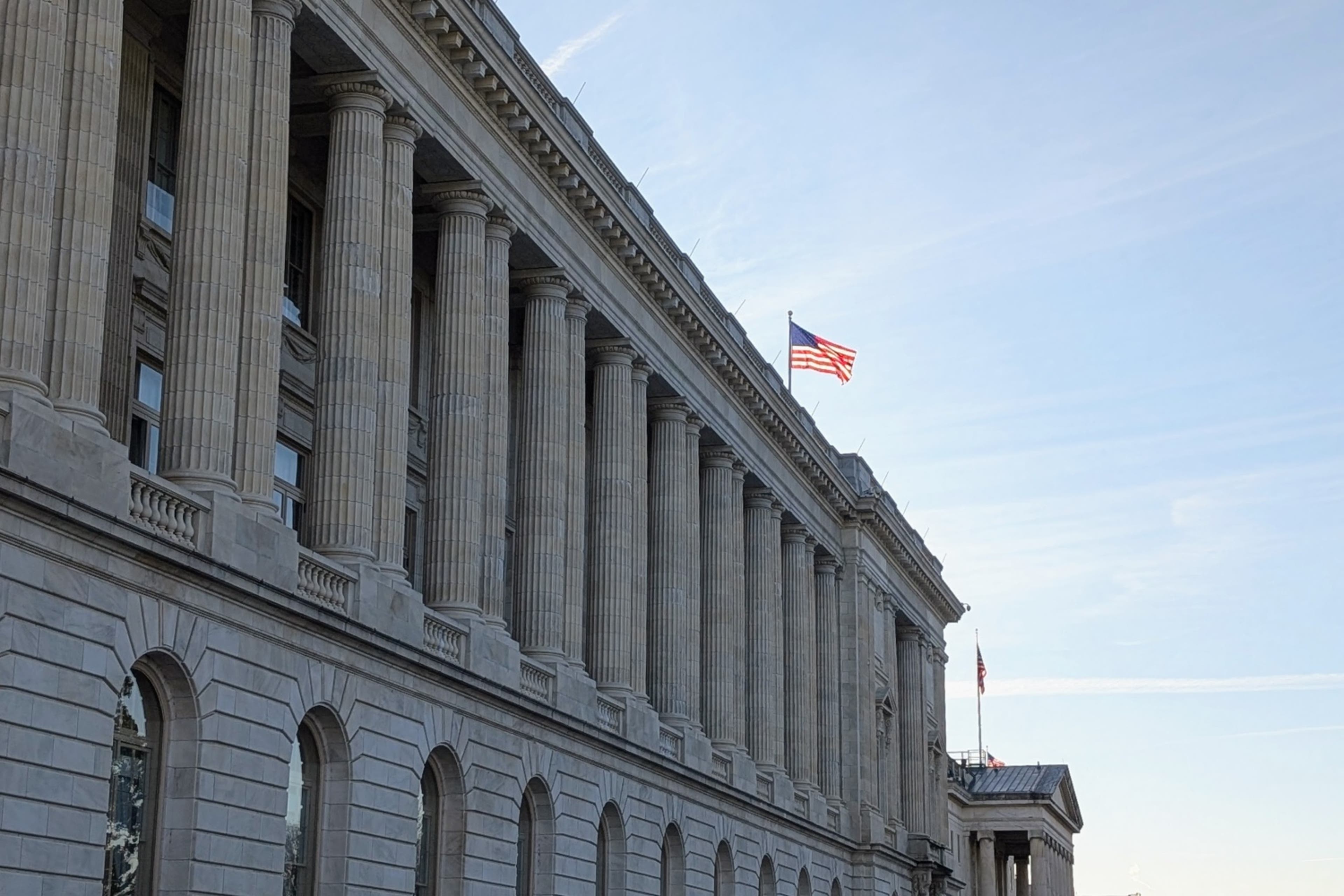A view from DC: US House Republicans organize a privacy working group


Published:
Contributors:
Cobun Zweifel-Keegan
CIPP/US, CIPM
Managing Director, D.C.
IAPP
Each term, many members come and go from the U.S. House of Representatives and new leaders take charge of key positions. The 119th Congress is no different.
Even as Republicans have maintained their majority, the House Committee on Energy and Commerce is undergoing reconstruction after the departure of former Chair Cathy McMorris Rodgers, R-Wash., who led legislative activity on privacy for many years.
The process of rebuilding a committee's activity takes time, especially when the rhetoric from committee leadership continues to reiterate a major "reset" on comprehensive privacy legislation.
With a fresh rebrand of the privacy-focused subcommittee — now known as Commerce, Manufacturing and Trade — the site has been leveled and excavated for the rebuild.
Framing out the new foundation, Energy and Commerce Chair Brett Guthrie, R-Ky., along with Vice Chair John Joyce, R-Pa., announced the creation of a working group explicitly dedicated to "building a coalition" to tackle the next comprehensive consumer privacy bill.
To that end, the working group is composed entirely of Republican representatives. This approach is likely a recognition among the caucus of the need to develop a unified voice on privacy before pursuing major legislation.
The working group will be led by Joyce alongside eight other members from across the Energy and Commerce committee. Notably, the group members are more likely to serve on other subcommittees, such as those with jurisdiction over communications and health, than on the Commerce, Manufacturing and Trade committee, which oversees the Federal Trade Commission and therefore leads on consumer privacy legislation.
Some of the listed members are time-tested veterans of data privacy, while others are new to the issue — and to Congress.
Reps. Craig Goldman, R-Texas, and Julie Fedorchak, R-N.D., are freshmen. Three members are beginning their second terms: Reps. Russell Fry, R-S.C., Nick Langworthy, R-N.Y., and Tom Kean, R-N.J.
Rep. Jay Obernolte, R-Calif., is starting his third term in the U.S. House. He previously served in the California State Legislature at the time of the passage of the California Consumer Privacy Act — though the extent of his involvement has been a matter of some debate.
Since joining the Energy and Commerce committee, Obernolte has been an active voice on privacy, often reiterating the importance of preempting state laws. With a penchant for highlighting his AI educational background, he also chaired the House Bipartisan Task Force on Artificial Intelligence, which released recommendations for AI regulation at the end of last year.
At the State of the Net conference this week, Obernolte spoke about the importance of crafting federal AI regulations that can create the certainty of a national standard for AI governance before a patchwork emerges, as has happened in privacy. As he put it, "We need to get moving because, frankly, you're seeing these states act to fill the void that we've left on AI regulation at the federal level. We need to give people the confidence that Congress is capable of acting on this issue."
The announcement of the working group took a similar tact, mentioning the need for a comprehensive privacy law as a precondition to "maintain our country's global leadership in digital technologies, including artificial intelligence."
Rounding out the working group membership are two more senior members of the committee, Reps. Morgan Griffith, R-Va., and Troy Balderson, R-Ohio. Griffith serves on the Energy and Commerce subcommittees for oversight and health, respectively, and has previously spoken about the importance of privacy legislation.
In the early days of this new Congress, Energy and Commerce Democrats have also been active. Though it is not yet clear the extent to which the two sides will negotiate on a privacy framework, Energy and Commerce Ranking Member Frank Pallone, D-N.J., is already doubling down on his ongoing prioritization of privacy as an issue within the minority side of the committee.
At a recent hearing on AI in manufacturing, Rep. Pallone raised alarm about the potential contravention of existing privacy laws via the Elon Musk-led Department of Government Efficiency's reported access to "vast amounts of incredibly sensitive personal data about all Americans" within agencies such as the Department Health and Human Services, Centers for Medicare & Medicaid Services, and the Department of the Treasury.
Pallone decried the lack of action by the subcommittee to reign in such data access, claiming, “If a foreign adversary or a domestic hacking group got access to any one of these government systems containing Americans' sensitive personal information, we would consider it a major data breach, a privacy disaster, and a consequential national security incident."
If debates such as these — focused on the resilience of longstanding privacy laws — remain at the forefront of the conversation, it may be a long while before a new consumer privacy proposal gains bipartisan momentum.
Nevertheless, with the working group in place, it looks like there will be ample opportunities for stakeholder engagement over the coming months.
Please send feedback, updates and foundation blueprints to cobun@iapp.org.
Cobun Zweifel-Keegan, CIPP/US, CIPM, is the managing director, Washington, D.C., for the IAPP.

This content is eligible for Continuing Professional Education credits. Please self-submit according to CPE policy guidelines.
Submit for CPEs


